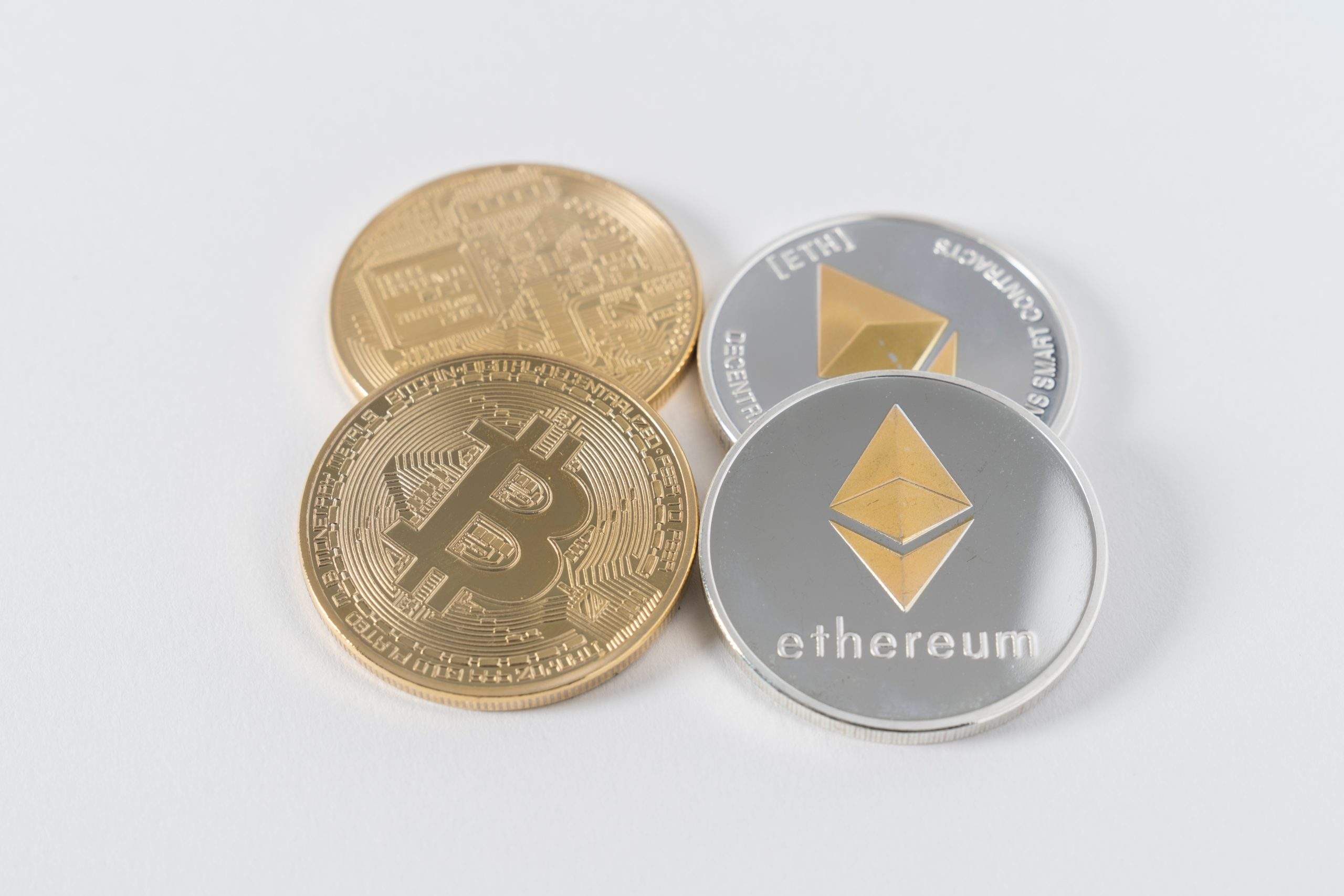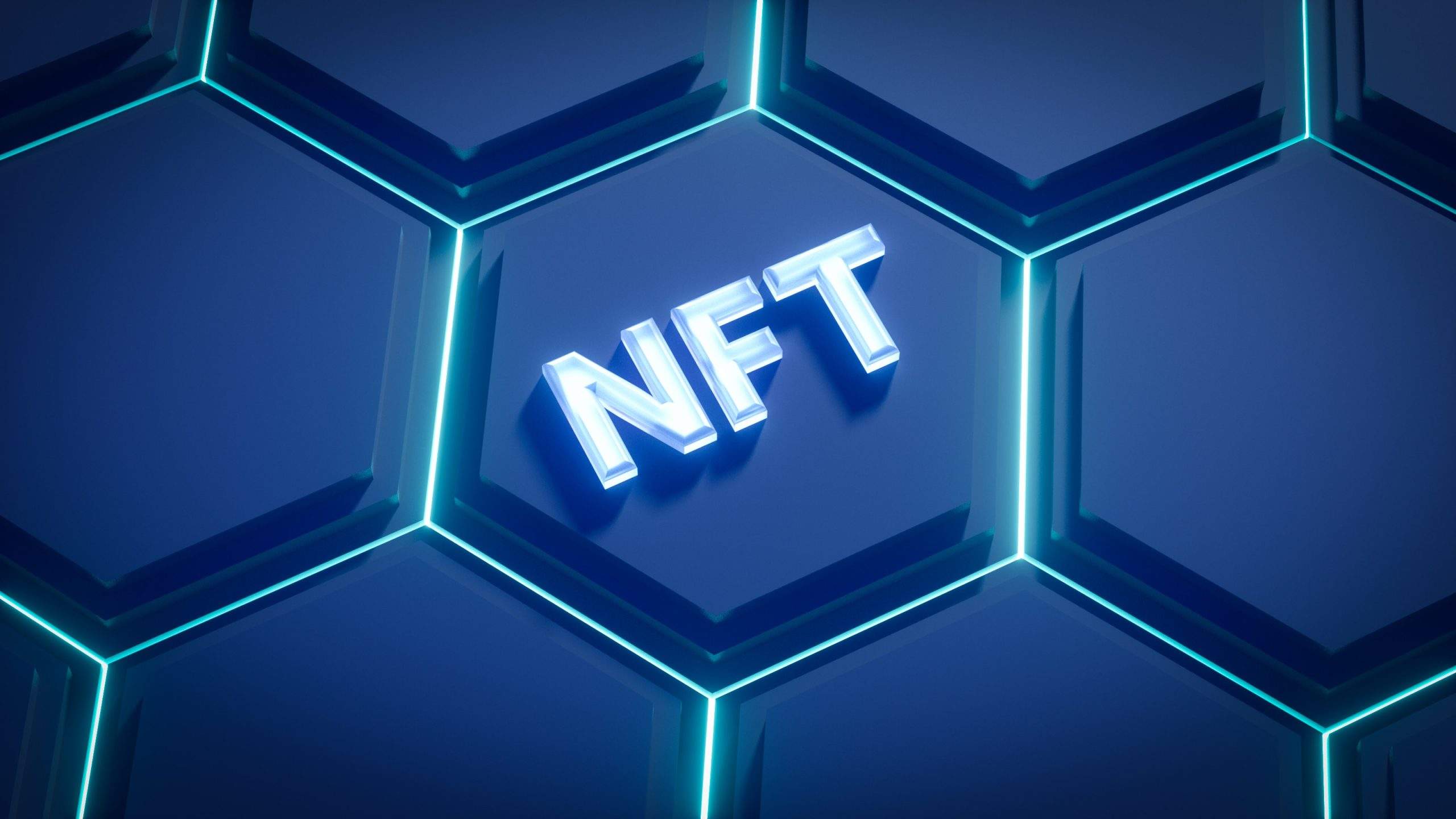
Pros and cons of blockchain for ERP
Blockchain technology has gained significant attention in recent years, revolutionizing various industries with its decentralized and transparent nature. One area where blockchain is increasingly being explored is enterprise resource planning (ERP) systems. ERP solutions are crucial for businesses to streamline operations, manage resources, and enhance overall efficiency. However, traditional ERP systems often face challenges such as data silos, lack of visibility across departments, and susceptibility to fraud or tampering. In this article, we will delve into the pros and cons of integrating blockchain with ERP systems, exploring how this emerging technology can potentially address these limitations while introducing new opportunities for businesses.
What is blockchain and ERP?
Blockchain and ERP (Enterprise Resource Planning) systems are two powerful technologies that, when combined, have the potential to revolutionize businesses. Blockchain is a decentralized digital ledger that records transactions across multiple computers, ensuring transparency and security. On the other hand, ERP systems streamline and integrate various business processes such as finance, human resources, and supply chain management.
One major advantage of integrating blockchain with ERP is enhanced data security. Traditional ERP systems store data in centralized databases which can be susceptible to hacking or unauthorized access. By using blockchain technology, data becomes immutable and transparently verifiable through a network of nodes, making it highly secure.
Another benefit is increased efficiency in operations. Blockchain-enabled ERPs eliminate the need for intermediaries in transactions by automating them through smart contracts. This not only simplifies processes but also reduces costs associated with manual interventions and paperwork.
However, there are certain challenges to consider when implementing blockchain for ERP. The complexity of integrating these two technologies can be a hurdle as existing ERP systems may not be readily compatible with blockchain networks. Additionally, scalability issues arise due to the large amount of computational power required for blockchain processing.
Despite these challenges, companies that successfully leverage the advantages of combining blockchain with their existing ERP systems can enjoy improved security measures along with streamlined operations and cost savings.

Pros: Advantages of using blockchain in ERP
One of the major advantages of using blockchain in ERP is enhanced security. With traditional ERP systems, there is a risk of data breaches or unauthorized access to sensitive information. However, with blockchain technology, each transaction is encrypted and linked to the previous one, creating an immutable record. This makes it extremely difficult for hackers to alter or manipulate the data stored on the blockchain.
Another advantage of integrating blockchain into ERP systems is improved transparency and traceability. Blockchain provides a decentralized ledger that allows all participants in the network to view and verify transactions in real-time. This level of transparency ensures that all parties involved have access to accurate and up-to-date information about products, processes, and supply chain activities. Furthermore, as each transaction on the blockchain is timestamped and linked together chronologically, it enables easy auditing and tracking of goods from their origin through every stage of production or distribution.
In summary, by using blockchain technology in ERP systems, businesses can benefit from increased security measures against data breaches while also enjoying improved transparency and traceability throughout their operations.
Cons: Disadvantages of using blockchain in ERP
One major disadvantage of using blockchain in ERP systems is the scalability issue. Blockchain technology, by design, requires a large number of participants to validate and verify transactions, which can lead to slower processing times. This becomes problematic for enterprise resource planning (ERP) systems that handle a high volume of transactions on a daily basis. The decentralized nature of blockchain also means that all network participants must store and update the entire transaction history, which can result in significant storage requirements and increased costs.
Another drawback is the lack of regulatory frameworks and legal standards surrounding blockchain technology. As it is still an emerging field, there are limited regulations in place to govern its use in ERP systems. This creates uncertainty for businesses as they may face challenges related to compliance with data protection laws or industry-specific regulations. Additionally, the immutability of blockchain records can be seen as both an advantage and disadvantage – while it ensures transparency and integrity, it also makes rectifying errors or correcting mistakes more difficult within an ERP system that relies heavily on accurate data.

Use cases: Examples of successful implementation
One successful implementation of blockchain in ERP is the supply chain management sector. Blockchain technology can provide a transparent and immutable ledger that enables real-time tracking of goods throughout the entire supply chain. This reduces the risk of fraud or tampering, as well as streamlines processes such as inventory management and product recalls. Companies like Walmart have already implemented blockchain-based systems to enhance their supply chain visibility, leading to improved efficiency and reduced costs.
Another example is the financial industry, where blockchain has been successfully implemented for secure and efficient cross-border payments. Traditional banking systems often involve intermediaries, which can result in delays and high transaction fees when transferring money internationally. Blockchain-powered platforms allow for direct peer-to-peer transactions without intermediaries, ensuring faster settlement times and lower fees. RippleNet is one such platform that has partnered with several banks worldwide to facilitate seamless cross-border transactions using blockchain technology.
These use cases demonstrate how successful implementations of blockchain in ERP can revolutionize various industries by improving transparency, efficiency, security, and cost-effectiveness. However, it is important to consider potential limitations such as scalability issues or regulatory challenges before implementing blockchain solutions into existing ERP systems.
Challenges: Potential roadblocks and limitations
One of the main challenges that organizations may face when implementing blockchain for ERP is the potential roadblocks and limitations that come with this technology. One major roadblock is the scalability issue. Blockchain networks have limited transaction processing capabilities, which means they may not be able to handle large volumes of transactions in real-time. This can be a significant limitation for organizations with high transactional requirements.
Another challenge is the regulatory and legal framework surrounding blockchain technology. As blockchain operates on a decentralized network, it can be difficult to navigate through existing regulations and compliance standards. Organizations must ensure that their use of blockchain complies with relevant laws and regulations, especially in industries such as finance or healthcare where privacy and security are crucial.
Furthermore, interoperability can present a challenge when integrating blockchain into existing ERP systems. Different blockchains may use different protocols or structures, making it difficult for them to communicate effectively with each other or with traditional databases. Organizations need to consider these limitations and invest in solutions that enable seamless integration between their ERP systems and blockchain networks to maximize its potential benefits while minimizing the associated challenges.

Integration: Considerations for integrating blockchain into ERP systems
One of the main considerations when integrating blockchain into ERP systems is data security. Blockchain provides a decentralized and immutable ledger that ensures the integrity of data stored within it. This can be particularly useful for ERP systems, which handle sensitive information such as financial records and customer data. By integrating blockchain technology, businesses can enhance the security of their ERP systems and protect against data breaches.
Another factor to consider is interoperability between blockchain and ERP systems. Blockchain is still a relatively new technology, and not all ERP platforms are equipped to seamlessly integrate with it. Therefore, careful planning and evaluation are necessary to ensure compatibility between the two systems. This may involve custom development or finding compatible third-party solutions that facilitate integration without disrupting existing operations.
Additionally, organizations must assess the scalability of their chosen blockchain solution for integration with their ERP system. As blockchain networks grow in size and complexity, they require significant computational resources to maintain efficiency. It is crucial to evaluate whether the selected blockchain infrastructure can handle the volume of transactions generated by an ERP system without compromising performance or introducing bottlenecks that could hinder business operations.
In summary, integrating blockchain into ERP systems offers enhanced data security but requires careful consideration of factors such as interoperability and scalability to ensure successful implementation.
Conclusion: Is blockchain the right choice for your ERP?
In conclusion, the decision of whether blockchain is the right choice for your ERP system depends on various factors. On the positive side, implementing blockchain can provide increased security and transparency to your business operations. The decentralized nature of blockchain ensures that data is stored across multiple nodes, making it difficult for hackers to compromise or manipulate information.
However, there are also some drawbacks to consider. Blockchain technology is still relatively new and rapidly evolving, meaning that it may not be fully matured or standardized for seamless integration with existing ERP systems. Additionally, implementing blockchain can be complex and costly due to its resource-intensive nature.
Therefore, before deciding whether to adopt blockchain for your ERP system, it is crucial to assess your specific business needs and evaluate the potential benefits against the associated challenges and costs. It may be worth consulting with experts in both blockchain and ERP implementation to make an informed decision that aligns with your long-term strategic goals.



